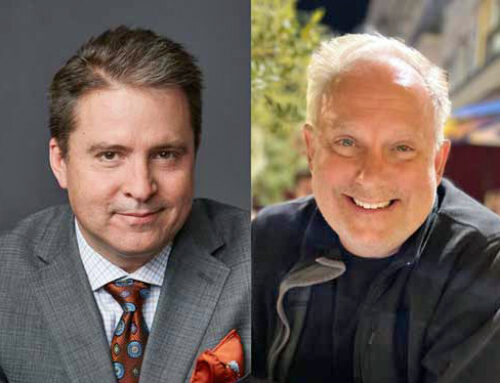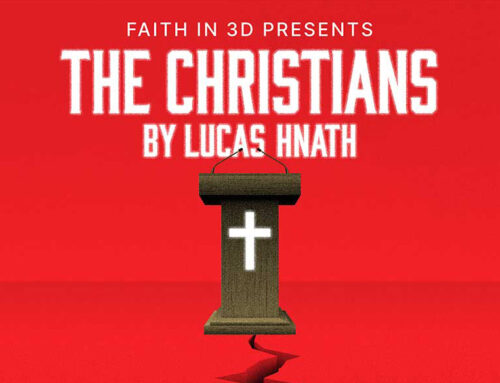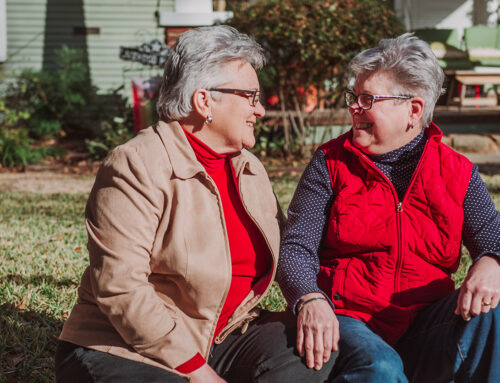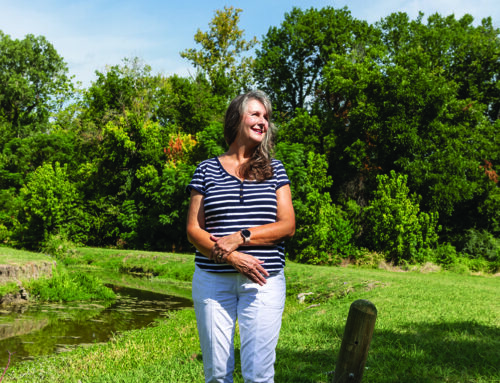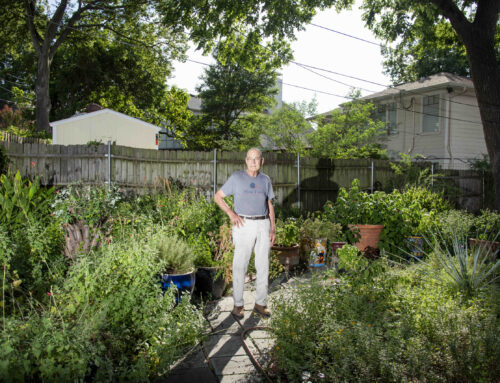 Weather extremes in our parts are generally met with shrugs, sighs and sage sayings like, “If you don’t like the Texas weather, wait a minute; it’ll change.”
Weather extremes in our parts are generally met with shrugs, sighs and sage sayings like, “If you don’t like the Texas weather, wait a minute; it’ll change.”
We’ve had a winter beyond compare in recent memory. School closings. Power outages. Icy roads. Wintry mixes. Frigid temperatures. Oh, and then 70-degree days in between.
The flora and fauna are confused right along with the rest of us. They can’t figure when to bloom, when to come out of or stay in hibernation. As for us two-legged types, cabin fever has become more than a metaphor for being cooped up. Especially when you have young kids in the house.
Summers routinely now bring 100-plus-degree temperatures. Alternating cold spells and heat waves make some cry global warming and others scratch their heads. Are erratic weather patterns the effect of natural or human-caused climate change? Are extremes just aberrations that show up now and then over a long span of weather monitoring, or are they the product of erosion of the ozone layer from our unwillingness or inability to slow carbon emissions?
Science and politics don’t line up on this, partly because of the foul wind that blows between environmentalists and economists. Their back-and-forth generates more heat than light.
Everyday people of faith can contribute spiritually to these matters that seem so polarizing. For example, while we can’t be omniscient about the link between human activity and weather patterns or claim to change them by prayer, we can look upon nature as a living partner in the theater of being. We can resolve to treat it with care and make small changes to the way we live that will heal it where we can. God made the earth and commissioned us to tend it. We should be mindful stewards.
We also should be mindful stewards of our brothers and sisters. Caring for creation and caring for our neighbor must go together. Business and residential practices that should change for nature’s good will cost. Those practices were not devised with the intent to destroy the environment, even if the effects of them now appear to. They also didn’t cause destruction overnight. Draconian measures that punish rather than incentivize will only draw pushback and keep us from progress.
It’s time to talk about a spirituality of business. The fair and just distribution of goods and services, and even the production of honest wealth, is a God-ordained activity. That doesn’t mean that business gets a pass to do whatever it wants in the name of the free market; it means that it gets to play fairly, though, without a presumption of greed or evil intent.
In “The Second Coming,” a poem of lament that bemoans a world in which “things fall apart,” William Butler Yeats said, “The best lack all conviction, while the worst/ Are full of passionate intensity.” Religion can be used to rend or mend, to tear apart or put together. Conviction and passionate intensity can lead to the center instead of the fringes, toward the common good instead of self-interest.
We need radical — not fanatical — faith. The word “radical” comes from a Latin word that means to go to the root or origin of something. Radicalism has centripetal force, drawing things in. Fanaticism is centrifugal, pulling things apart.
We can weather the weather together better.

